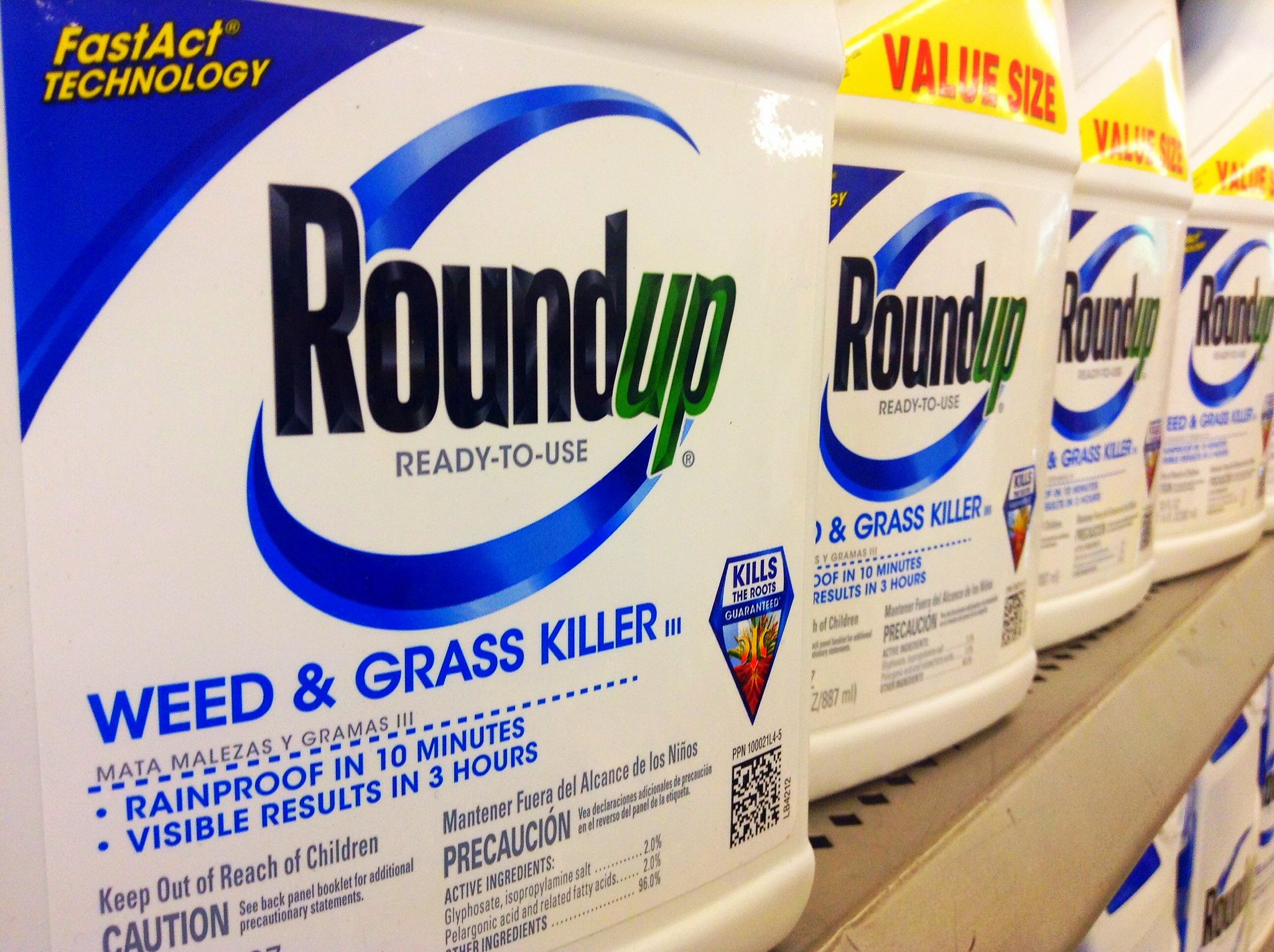
Photo Credit: Mike Mozart, Creative Commons 2.0
In 2016, the Panama Papers were leaked to the world. These papers are a digital dossier containing crucial information on how the world’s richest people hide their money in offshore shell companies. This year, a similar chunk of data was leaked to journalists at the Süddeutsche Zeitung. The so-called Paradise Papers outline the activities of Abbleby, a firm responsible for setting up offshore assets to keep millions (in some cases, billions) of dollars in so-called tax havens. These leaks have been crucial for understanding how major global players handle their money and dodge certain tax laws.
Monsanto
Earlier this year, on August 1st, another story came to the surface, exposing yet another facet of corporate greed. This story has been simmering for some time, as documents have been unsealed in a US court revealing highly suspicious emails between the EPA and the giant agribusiness, Monsanto.
Questions
The question that’s being asked in court is whether Monsanto sold Roundup while knowing that its main ingredient, glyphosate, is potentially cancerous and perhaps linked to non-Hodgkin’s lymphoma. Moreover, the question has emerged: did Monsanto intentionally fund the writing of scientific papers to support its own position that glyphosate is safe?
Monograph
One of the lynchpins in the argument against Monsanto is a monograph published in 2015 by the highly respected organization, the International Agency for Research on Cancer (IARC). After requests from the World Health Organization to publish a comprehensive list of carcinogens, the IARC did something that would set a fire under Monsanto and cause a global whirlwind. In the evaluation section of the monograph, IARC said the following: “Glyphosate is probably carcinogenic to humans.”
Monsanto Papers
According to Le Monde, who published the Monsanto Papers Series, the giant agrochemical company stood to suffer greatly from this revelation, as they had built their fortune on glyphosate after introducing the chemical in the 1970s and developing Roundup and “Roundup Ready” seeds.
Reaction
After attacking the agency’s results as “junk science”, Monsanto sent thinly veiled threats to the IARC scientists, asking for all data related to the monograph. Failing that, the company said they would send a court ordered discovery request. In contradistinction to the company’s remarks, a scientist from the University of Birmingham, who was sent by Monsanto to the IARC meetings regarding glyphosate, spoke highly of the methods at the IARC and asked not “to be referenced in any document from Monsanto’s] PA/PR people.”
Multiple Fronts
What’s more, state-side organizations associated with IARC – such as the National Institute of Health (NIH) and the California Environmental Protection Agency – have been subject to Freedom of Information Act requests, in addition to subpoenas related to ongoing legal action. That’s not to mention pressure coming from Republican Representative Jason Chaffetz and the major lobbying group, the American Chemistry Council (ACC). There was also a strange character named Christopher Watts posing as a journalist to obtain information about IARC’s monograph program. It turns out he started a private intelligence agency in 2014.
Delegitimize
In the second part of the Le Monde series, it is clear that IARC, an independent agency by design, follows the beat of a different drum, choosing to exclude corporate-sponsored papers from its research. Instead, it focuses on hard, unbiased science. As a result, the key tactic has been to undermine the legitimacy of an organization that, in the eyes of the scientific community, is entirely unblemished.
To that end, seemingly upright news agencies like Reuters have published articles claiming “that IARC shouldn’t have allowed [Christopher Portier] to be involved in the assessment of glyphosate.” Why? Because of his anti-industry bias. Portier is a world-renowned scientist who, according to a VP at IARC, developed several methods utilized “to interpret toxicological studies.” Who are the critics cited by Reuters? Three scientists employed by agrochemical companies.
Fake Science
It seems, every scientific criticism can be traced back to Monsanto, or the “glyphosate task force,” a group of industry representatives promoting the use of glyphosate. Take this series of articles supporting the use of the chemical. Each and every one of those articles, published in Critical Reviews in Toxicology, was sponsored by Monsanto, containing this phrase in the declaration of interest: “Funding for the sponsorship of this supplement was provided to Intertek by the Monsanto Company.”
The Le Monde report uncovers the extremity of Monsanto’s effort to reverse the effects of the IARC report, in order to protect their profit interests. It would appear they are willing to go to great lengths to sure up their bank accounts, even if it means putting humanity at risk.















